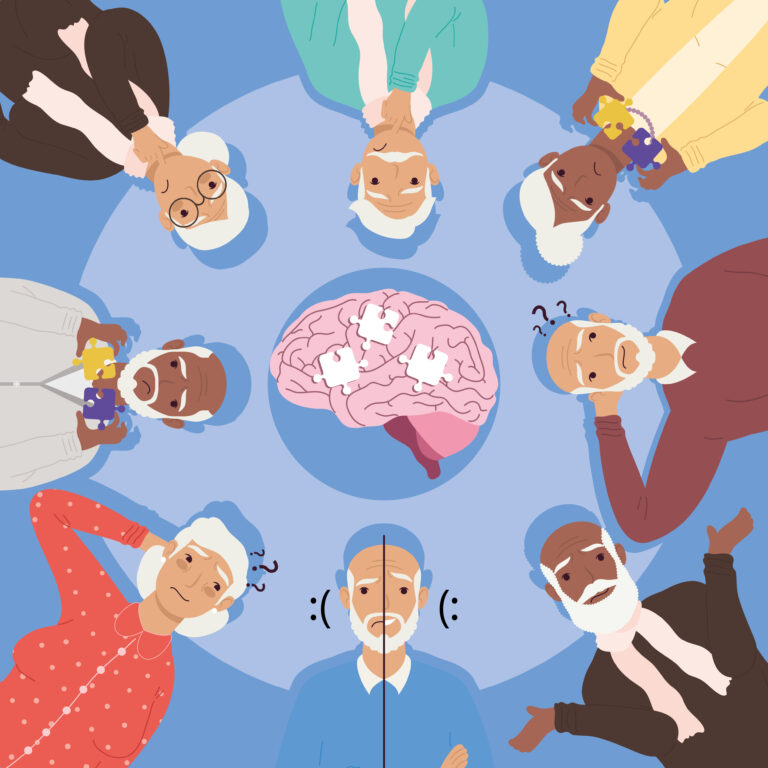Can frequent dehydration cause memory lapses?

Can frequent dehydration cause memory lapses? Yes, even mild and repeated dehydration can lead to short-term memory problems and brain fog by shrinking brain cells and slowing mental processes. Your brain is about 75 percent water, so when you get…







